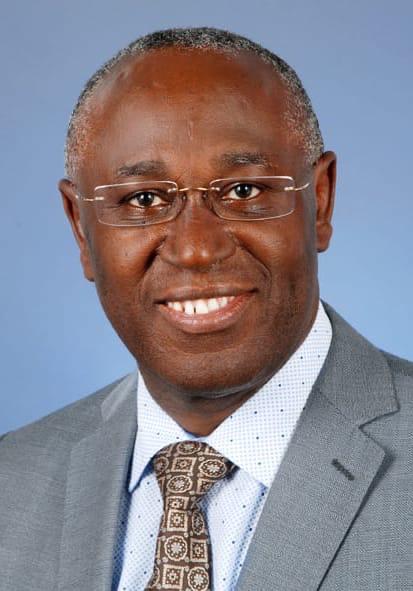Mr. William Kojo Agyemang-Bonsu, the Manager of the Mitigation and Transparency Support (Mitigation, Data and Analysis) unit of the United Nations Climate Change Secretariat has commended Zimbabwe stakeholder collaboration towards coming up with quality greenhouse gases inventory reports.
“As per our assessment, the work that has been carried out is fair in the sense that looking at the local capacities within Zimbabwe, the outputs are good. We should augment the capacities by providing support as we did this week. Zimbabwe will be able to produce high quality greenhouse gases inventory reports. We commend the government and experts for their effort.
“We have gone to 19 developing countries offering quality support. In Zimbabwe, we saw engagement across the whole stakeholder spectrum required to prepare a good quality inventory report. The collaborations is among government institutions, private sector, industry, academia, and research institutions. We were also impressed by the participation of local authorities like the City of Harare and the City of Bulawayo among others. The local government participation in the meeting is very useful,” Agyemang-Bonsu said.
The Climate Change Convention parties are expected to report on actions to address climate change on mitigation, and adaptation. Reporting includes a number of important elements. This entails looking at how Zimbabwe transparently report on greenhouse gas emissions. This requires first working with various stakeholders.
Under this, Zimbabwe has 3 national communications. It is currently preparing the fourth national communication. This is its first biennial update report.
The UNFCCC and Zimbabwe workshop held in Harare looked at the greenhouse inventory report. The workshop that ended in Harare today was meant to do quality assurance of the inventory that the country is preparing. This was meant to ensure transparency, accurate emission estimates and also ensuring that the methodology being applied should be consistent with internationally agreed methodology under the Inter-governmental Panel of Climate Change (2006) guidelines.
The inventory should be complete in the sense that it should cover all the six greenhouse gases that countries report on.
“Whatever Zimbabwe reports should be comparable to other countries. In addition, we looked at greenhouse gases inventory management system in place to allow continued and timely preparation of these inventories. These systems include institutional legal and regulatory arrangements in place. We also looked at the systems through a quality check of existing systems. Thus we focused on emissions from 5 sectors of economy: energy, industrial processes and product use, agriculture, forestry and other land use, as well as waste. A complete quality check was carried out in addition to institutional arrangements. At end of workshop, experts from UNFCCC and the Food and Agriculture Organisation of the United nations (FAO) nmade a number of recommendations pertaining to the systems,” the climate change expert added.
The experts have come up with a number of recommendations for technical and institutional arrangements. The experts said this requires some efforts by government to get the recommendations implemented.
“Govt should allocate financial resources to support implementation. We encouraged academia and research community to undertake research within universities. UNFCCC stands ready to work hand in hand with Zimbabwe in this effort to guide them on bringing technical and financial support. We had a very productive meeting. Actions on these recommendations should start immediately so Zimbabwe can reap benefits way ahead in time before the reporting regime under the Paris Agreement comes into force. This is because reporting requirements under the Paris Agreement are more stringent.”
In his keynoted address, Mr Munesushe Munodawafa the Permanent Secretary for the Ministry Environment, Climate, Tourism and Hospitality Industry revealed that the issues of data gaps and data quality have consistently been identified as key challenges throughout the preparation of the past National Communications.
“To compile the National Greenhouse Gas Inventories, the Government works with the consultants who collect data from both government agencies, private sector, civic society organisations and other data providers when it is time to develop the national communication and the biennial update reports. This data is provided to the government or the consultants on a voluntary basis. Because the data is provided on a voluntary basis, data had not been flowing consistently because some stakeholders may choose not to respond to data request.
“The data provided may not be in the format requested by the government and this poses a lot of challenges in compiling the National Greenhouse Gas Inventories.The Ministry has requested you as key stakeholders to clear some misconceptions and mistrust issues that may hinder the efficient data flow for the country to fulfil its international reporting requirements under the UNFCCC,” Mr. Munodawafa said.
